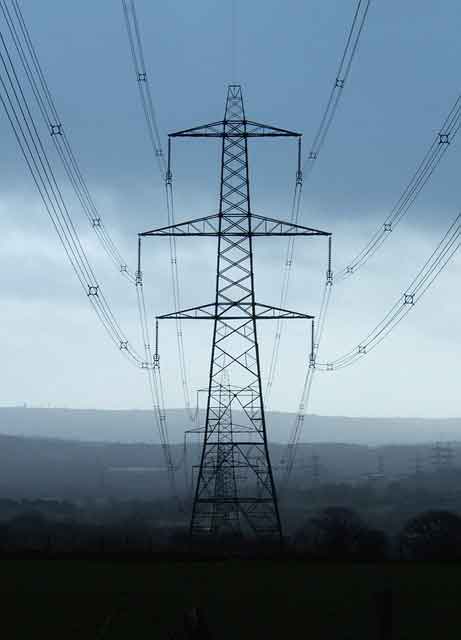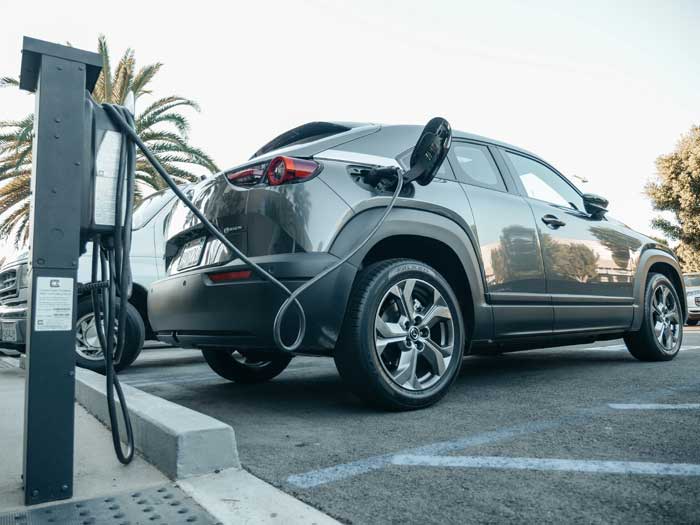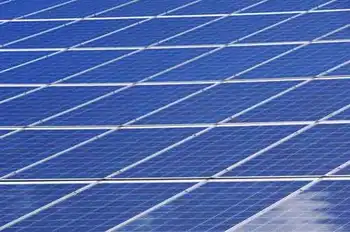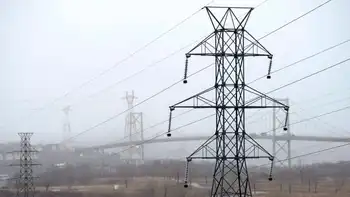Carbon price hikes need utilities
"The idea that Copenhagen causes a structural shift in price is not impossible but pretty unlikely. Unless utilities get behind the market it's not going anywhere," Louis Redshaw said.
"The talks look promising but the key question is will utilities follow that up with buying because their fundamental exposure has altered, and the answer is no."
Under the European Union's Emissions Trading Scheme, power companies are forced to buy carbon permits (EUAs) to cover their carbon dioxide emissions. They complain that prices are not high enough to make new nuclear and coal plants with expensive carbon capture technology economic.
EUA prices are down 50 percent since July 2008 and have not budged from a 12-16 euro range in the past six months.
A UN climate summit in Copenhagen is unlikely to produce substantial price rises unless rich countries sharpen their emissions reductions targets.
"My gut feeling is nothing exciting happens in Copenhagen, but if it does there could be a sentiment-driven rally, but that will peter out in 2010 when some industrials sell their length," Redshaw said.
"The only difference to the market in the short to medium term would be if the EU moves to a 30 percent emissions cut, but in theory that shouldn't affect prices either," he said.
The 27-nation bloc has pledged to cut emissions by 20 percent from 1990 levels by 2020, upping this to 30 percent if a robust international climate agreement is signed in Copenhagen.
A 30 percent target means a tighter EUA supply, which analysts say could drive prices back above 20 euros a tonne.
Redshaw said the move could be irrelevant to utilities, which are typically buyers because they are given fewer free EUAs, but it could influence industrial firms like steel and cement makers, historically awarded excess EUAs to help them compete internationally, because their surplus would be cut.
"A few speculators would buy on the news but the target shift wouldn't affect utilities because they have to buy all their EUAs from 2013 regardless," he added. "Industrials typically hedge their output a year out so they may have to buy more in the future, but it doesn't impact prices today."
Under an EU plan agreed last December, utilities will have to buy all their EUAs at auction in the scheme's third phase (2013-2020) while industrials could continue to receive the bulk of theirs for free.
Redshaw said the raised target could make industrials less inclined to sell their reduced surplus, and that could push EUA prices up if utilities see a bargain at current rates.
In the absence of utility buying, Redshaw said near-term buying from hedge funds or banks could create a sustainable rally, but he questioned their collective ability.
"The big unanswerable question is 'are there enough funds or investors out there to tip the balance and cause the market to go up to 20 euros and stay there?'" he said.
Carbon prices have been volatile as speculators jump into an upward trend, then sell their EUAs when it runs out of steam.
"The trend runs out because utilities aren't backing it up," said Redshaw.
The economic slowdown has caused many investment banks to trim or dismantle carbon trading desk over the past 18 months.
At the same time, U.S. interest in the market has picked up as investors prepare for the introduction of cap-and-trade.
"You see the EU market go up a gear when New York trading opens. Everyone wants a piece of carbon but it's a small market," said Redshaw.
The global carbon market was worth $126 billion in 2008 according to the World Bank — a far cry from the $2.2 trillion oil market.
Related News

COVID-19 crisis shows need to keep electricity options open, says Birol
LONDON - The huge disruption caused by the coronavirus crisis has highlighted how much modern societies rely on electricity and how firm capacity, such as that provided by nuclear power, is a crucial element in ensuring supply, International Energy Agency (IEA) Executive Director Fatih Birol said.
In a commentary posted on LinkedIn, Birol said: "The coronavirus crisis reminds us of electricity's indispensable role in our lives. It's also providing insights into how that role is set to expand and evolve in the years and decades ahead."
Reliable electricity supply is crucial for teleworking, e-commerce, operating ventilators and other medical equipment, among all…




